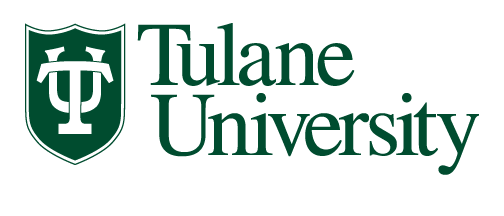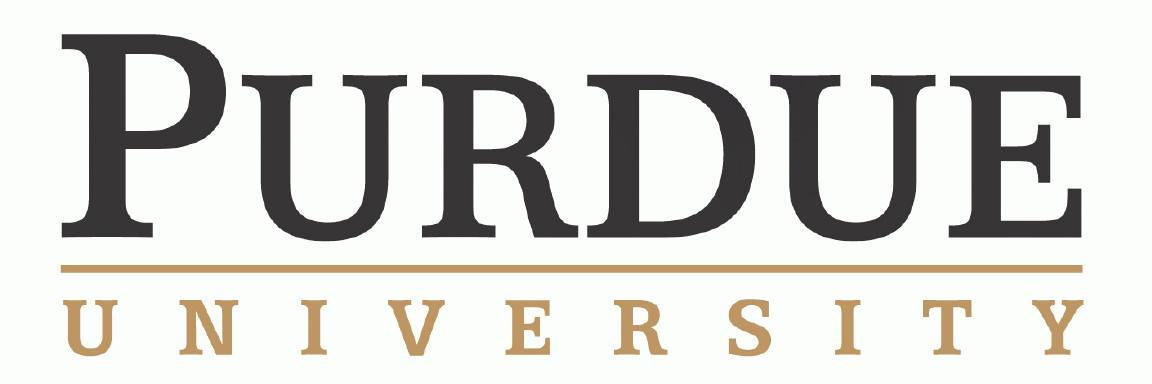

LIPOSOMES
Drug Delivery Vehicles of the Future
UNIVERSITY RESEARCH CENTERS

The UC Davis biomedical engineering department researches the use of liposomes as drug delivery vehicles for cardiovascular disease. They are “involved in efforts to develop nanoparticle-based tools to image and deliver therapeutics to atherosclerotic plaque and to enhance stem cell repair of damaged heart tissue” through the use of liposomes. They have also developed liposomal particles to deliver drugs locally. These liposomes are activated by exogenous energy sources, which refers to energy coming from outside the liposomal system. This research is a breakthrough in using liposomes as efficient and effective drug delivery vehicles. [Citation 23] [Citation 24] [Image Citation 25]

Northeastern University has been researching liposomes as drug delivery vehicles ever since the field was introduced in the late 1960s. In the late 1900s, he demonstrated that liposomes could be genetically modified with proteins that would allow for cell discrimination and targeting, so a specific liposome would only deliver drugs to a specific cell type. Today, Dr. Torchilin is working on optimizing liposomes for cancer drug delivery, where the liposomes would bring chemotherapy drugs in a high concentration directly to the cancerous tissue. Torchilin explains, “[Liposomes] allow you to decrease the total dose you administer, which in turn reduces the level of cytotoxic response from normal tissue”. [Citation 25] [Citation 26] [Image Citation 26]

Purdue University’s Department of Chemistry is also hard at work to expand the field of liposomal research. Purdue has developed new plasma-stable liposomes that enhance membrane permeability and can deliver water-soluble drugs, photosensitizers, and plasmids to target cells. [Citation 27] [Image Citation 27]
Researchers at University of Texas have created a liposomal delivery method to direct radiation to the site of a brain tumor. The nanoparticle system delivers 20 to 30 times as much radiation as the current radiation methods in use today. However, this direct targeting helps to spare a greater amount of brain tissue. [Citation 28] [Image Citation 28]
The Laboratory for Gene Therapy and Cellular Engineering in Tulane University’s Department for Chemical and Biological Engineering is researching the use of liposomes as gene delivery vehicles. Their various projects include the use of liposomes for transcutaneous vaccine delivery and the development of novel tubular liposomes for drug delivery in osteosarcoma treatment. [Citation 29] [Citation 30] [Image Citation 29]



INNOVATORS
PRIVATE RESEARCH COMPANIES
LIPPOMIX is a company located in California that has created a patented technology to produce locally acting liposome-encapsulated drugs. Their website claims that their novel technology has several advantages over current comercially-available liposomal drug products. For example, their technology allows manufacturing processes to be scaled-up faster and more efficiently, produces consistent and high quality liposomal products, and eliminates the use of volatile solvents. [Citation 31] [Image Citation 31]
Genzyme Pharmaceuticals is a company based in Massachusetts that develops GMP-grade synthetic phospholipids for liposome productions. Their purified products and high quality liposomes can be used for drug delivery technologies. Some of their liposomes are also used as Active Pharmaceutical Ingredients in comercially available drug and medicinal products. [Citation 32] [Citation 33] [Image Citation 32]

